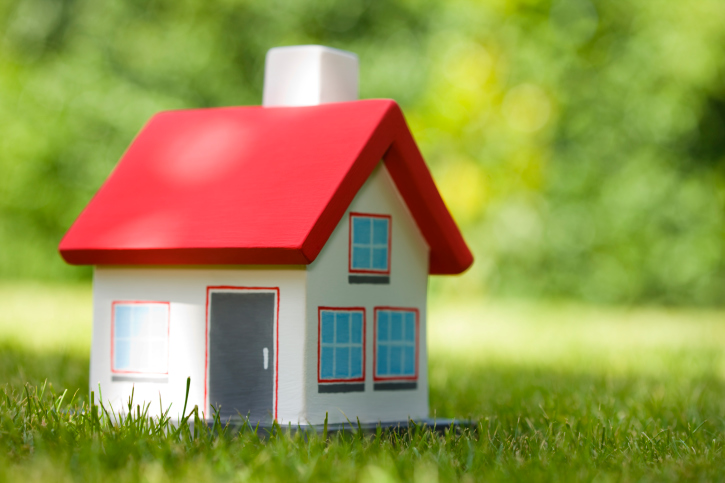 Buying a property is still cheaper than renting, with first-time buyers in the UK on average £651 a year better off than tenants, according to research by Halifax.
Buying a property is still cheaper than renting, with first-time buyers in the UK on average £651 a year better off than tenants, according to research by Halifax.
The average monthly costs of buying a three-bedroom house is £705 compared to a typical monthly rent of £759.
The latest Halifax Buying vs Renting Review found that the gap between the cost of buying and renting has narrowed by £19 per month over the past year.
Over the past five years, the gap between the costs of renting and buying has fallen by a third from £962 a year to £651.
During this time the average rent has risen by £107 a month from £605, whilst average buying costs have increased by £133 a month from £576.
Although average mortgage rates for new house purchases are at an unprecedented low, a 45% increase in the price of a typical first-time buyer home has sparked an increase in buying costs during this period.
The number of first-time buyers reached 338,900 in 2016, totalling over 300,000 for the third successive year, growing from 312,900 in 2015 (up 8%) – the highest level since the start of the financial crisis in 2007 (359,900).
Having reached an all-time low of 192,300 in 2008, the number of homebuyers getting on to the first rung of the property ladder has grown by 76% to its current level. Despite this, first-time buyer numbers still remain 16% below the immediate pre-crisis peak of 402,800 in 2006.
The number of first-time buyers accounted for almost half (48%) of all house mortgage financed home purchase activity in 2016. This share has grown from 36% at the start of the housing downturn in 2007.
The average deposit put down for a typical three-bedroom first-time buyer home is £30,770. In London the highest average deposit of £110,927 is not only seven times higher than the lowest in Northern Ireland (£15,830), but also more than twice the amount in the South East (£51,082) the second highest.
Martin Ellis, housing economist at Halifax, said: “Although the average costs associated with buying costs have grown at a faster rate than average rents over the past few years, owning a home is still the more financially attractive option. However, the gap has narrowed since 2011 because of the rising prices of a typical first-time buyer house.
“The size of deposit that is often needed is often a major barrier to overcome before the potential financial advantages of home ownership become clearer. Whilst deposits can raise the upfront cost of buying, it is also an important and attractive form of longer-term savings for homeowners, and with rising house prices, it helps contribute towards higher housing wealth.
“While prices are at an elevated level, the number of first-time buyers getting on the housing ladder continues to rise and this group now accounts for half of all new home purchase financed by a mortgage. Improving economic conditions, lower rates and government schemes such as Help to Buy, have played a key part in helping first-time buyers.”




